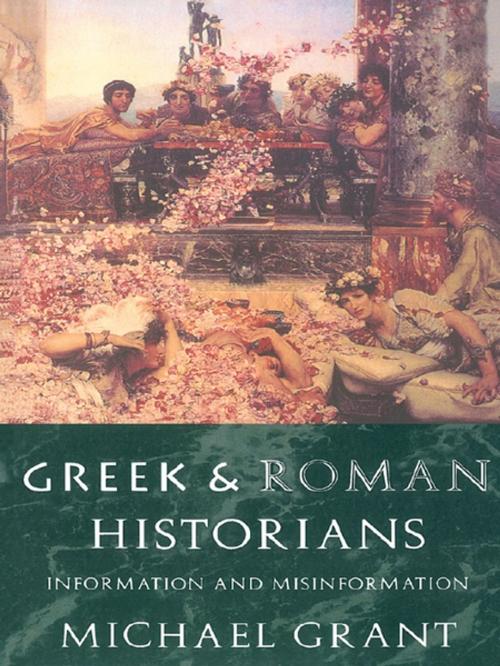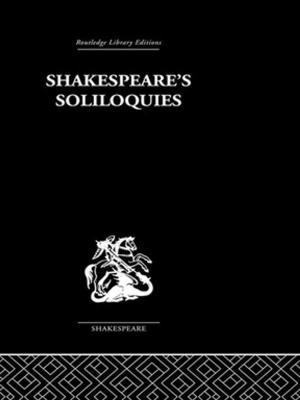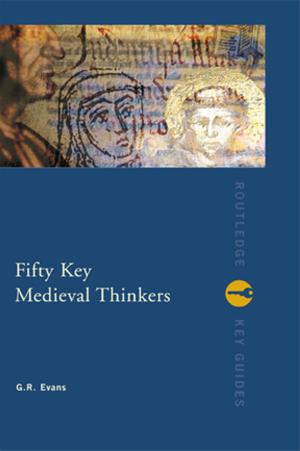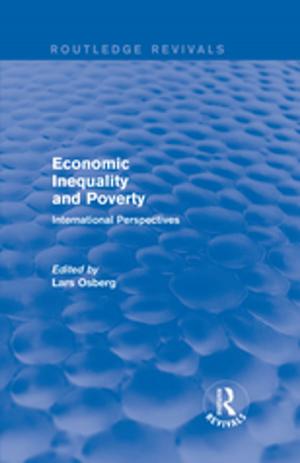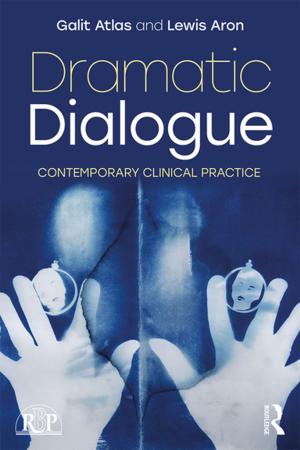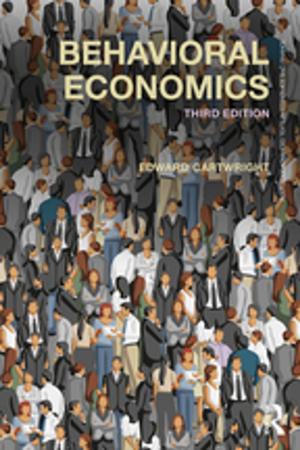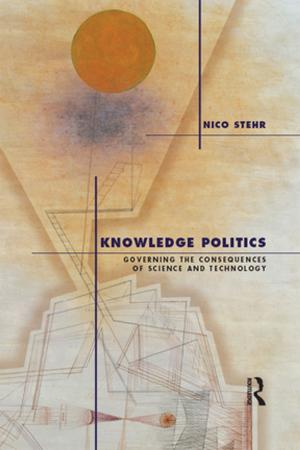| Author: | Michael Grant | ISBN: | 9781134828203 |
| Publisher: | Taylor and Francis | Publication: | August 2, 2004 |
| Imprint: | Routledge | Language: | English |
| Author: | Michael Grant |
| ISBN: | 9781134828203 |
| Publisher: | Taylor and Francis |
| Publication: | August 2, 2004 |
| Imprint: | Routledge |
| Language: | English |
It is today widely accepted that we do not get the whole truth from any historian. Greek and Roman Historians considers the work of ancient historians such as Herotudus, Tacitus and Thucydides in the the light of this attitude. In an enlightening new study, Michael Grant argues that misinformation, even deliberate disinformation, is abundant in their writings.
Grant, one of the world's greatest writers of ancient history, suggests new ways of reading and interpreting the ancient historians which maximise their usefulness as source material. He demonstrates how the evidence they provide can be augmented by the use of other, literary and non-literary, sources.
Greek and Roman Historians shows us how we can use written history to learn about the ancient world, even if our conclusions are not those its historians intended. The author argues that their work remains our most important source of information, once we have learned to question and incorporate their imperfect regard for the truth.
Grant's account is an indispensible guide to the sources and their interpretation for all students of ancient history.
It is today widely accepted that we do not get the whole truth from any historian. Greek and Roman Historians considers the work of ancient historians such as Herotudus, Tacitus and Thucydides in the the light of this attitude. In an enlightening new study, Michael Grant argues that misinformation, even deliberate disinformation, is abundant in their writings.
Grant, one of the world's greatest writers of ancient history, suggests new ways of reading and interpreting the ancient historians which maximise their usefulness as source material. He demonstrates how the evidence they provide can be augmented by the use of other, literary and non-literary, sources.
Greek and Roman Historians shows us how we can use written history to learn about the ancient world, even if our conclusions are not those its historians intended. The author argues that their work remains our most important source of information, once we have learned to question and incorporate their imperfect regard for the truth.
Grant's account is an indispensible guide to the sources and their interpretation for all students of ancient history.
